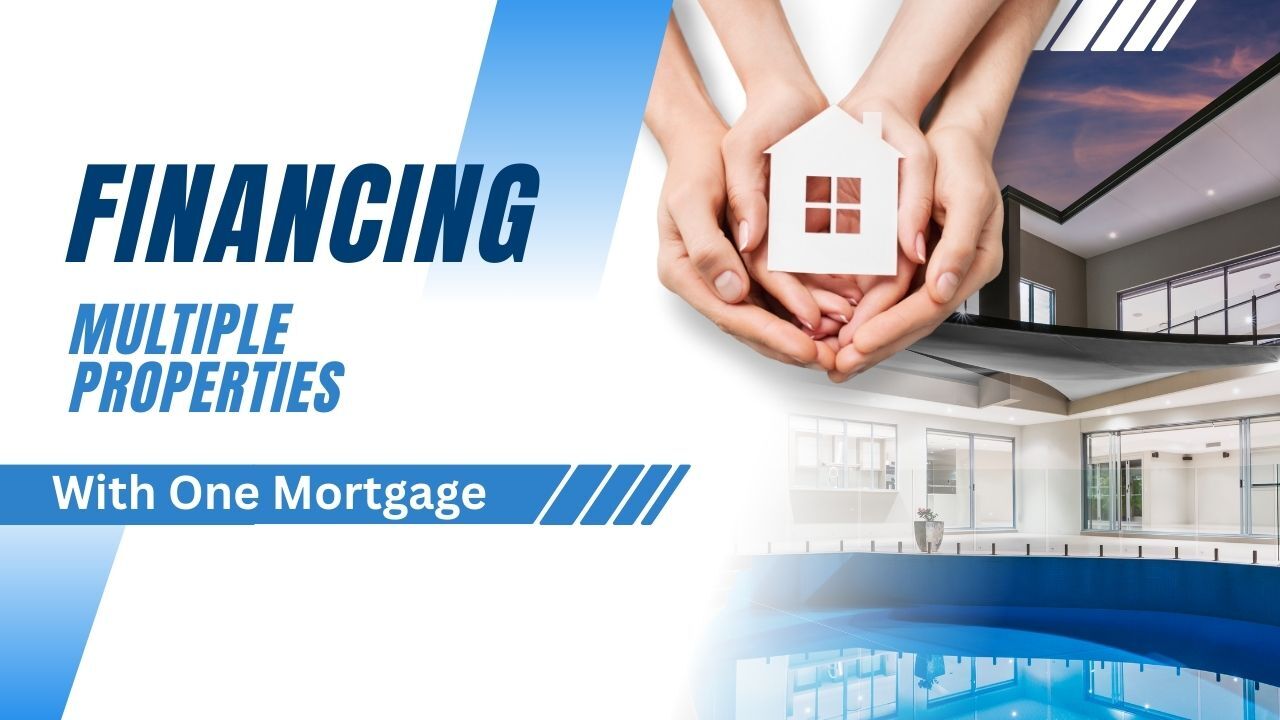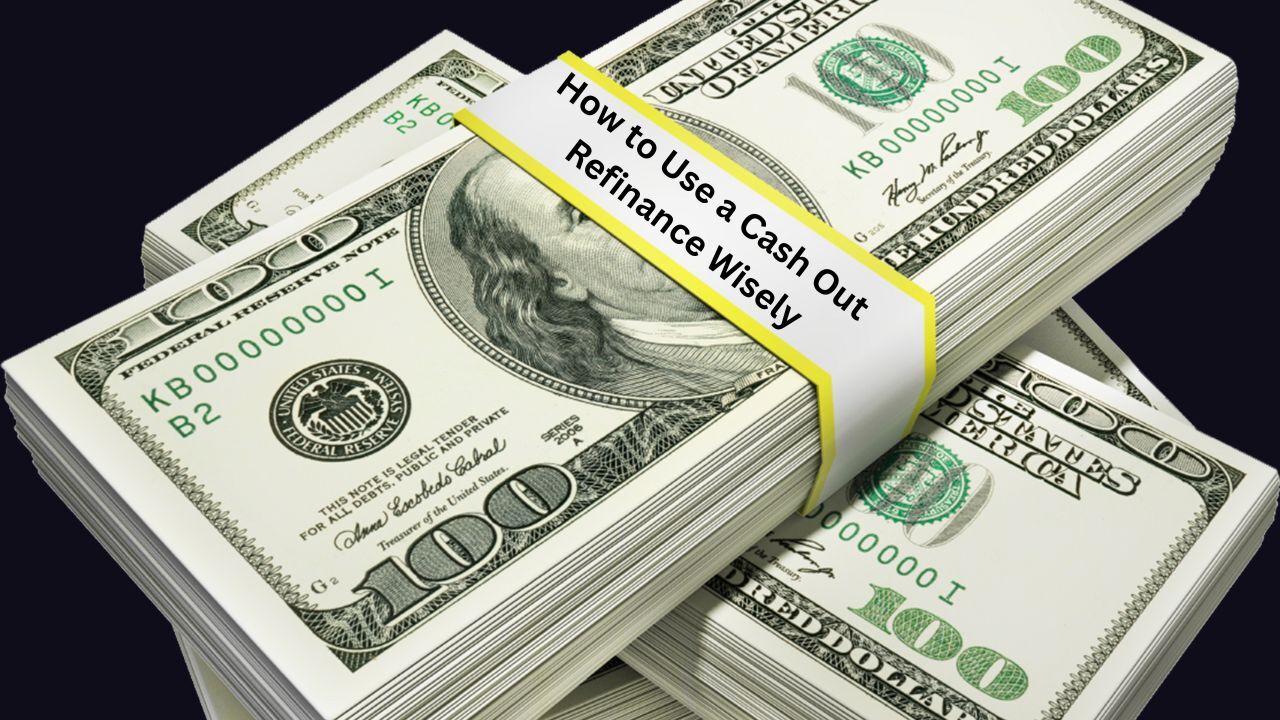Protecting Your Mortgage During Job Loss
 Losing a job can be stressful, and the thought of keeping up with your mortgage payments may feel overwhelming. The good news is that there are steps homeowners can take to protect their home and maintain financial stability during periods of unemployment. Understanding your options, communicating with your lender, and planning ahead can help you navigate this challenging time without risking your home.
Losing a job can be stressful, and the thought of keeping up with your mortgage payments may feel overwhelming. The good news is that there are steps homeowners can take to protect their home and maintain financial stability during periods of unemployment. Understanding your options, communicating with your lender, and planning ahead can help you navigate this challenging time without risking your home.
Contact Your Lender Immediately
The first step after losing your job is to notify your mortgage lender as soon as possible. Lenders can often provide temporary solutions, such as forbearance, loan modifications, or repayment plans, to help you stay current on your mortgage. Being proactive shows responsibility and can prevent late fees, penalties, or potential foreclosure.
Explore Forbearance and Loan Modification Options
Forbearance allows you to pause or reduce your mortgage payments for a specific period, while a loan modification may adjust the terms of your mortgage to make payments more manageable. Both options are designed to provide relief during financial hardship, but it is essential to understand the terms and repayment responsibilities once the forbearance period ends.
Use Emergency Funds Wisely
If you have an emergency savings fund, now is the time to use it strategically. Prioritize mortgage payments and essential living expenses while minimizing non-essential spending. Maintaining your mortgage payments, even partially, can protect your credit score and prevent long-term financial consequences.
Consider Unemployment Assistance Programs
Government or employer-provided unemployment benefits can help bridge the gap during job loss. Some programs may provide direct financial support, while others offer temporary mortgage relief options. Research available resources in your area to see what assistance you may qualify for and how it can help you stay current on your home loan.
Plan for the Future
Losing a job can also be an opportunity to reassess your budget, emergency funds, and long-term financial plan. Consider ways to increase income, reduce expenses, or refinance your mortgage if appropriate. Working with a financial advisor or mortgage professional can help you create a strategy to protect your home and recover financially once employment is secured.

 Owning multiple properties can be a smart investment strategy, but managing separate loans for each property can be complex and expensive. A blanket mortgage offers a solution by allowing homeowners or investors to finance two or more properties under a single loan. This type of mortgage can simplify payments, streamline management, and often provide better rates than holding multiple individual mortgages. Understanding how a blanket mortgage works and when it makes sense can help you maximize your real estate investments efficiently.
Owning multiple properties can be a smart investment strategy, but managing separate loans for each property can be complex and expensive. A blanket mortgage offers a solution by allowing homeowners or investors to finance two or more properties under a single loan. This type of mortgage can simplify payments, streamline management, and often provide better rates than holding multiple individual mortgages. Understanding how a blanket mortgage works and when it makes sense can help you maximize your real estate investments efficiently. A cash-out refinance can be a powerful tool for homeowners who want to leverage the equity in their home, but it is important to approach it strategically. This type of refinance replaces your existing mortgage with a new, larger loan, giving you the difference in cash. Whether you are planning home improvements, consolidating high-interest debt, or investing, using a cash-out refinance wisely can help you reach your financial goals without creating unnecessary risk.
A cash-out refinance can be a powerful tool for homeowners who want to leverage the equity in their home, but it is important to approach it strategically. This type of refinance replaces your existing mortgage with a new, larger loan, giving you the difference in cash. Whether you are planning home improvements, consolidating high-interest debt, or investing, using a cash-out refinance wisely can help you reach your financial goals without creating unnecessary risk.